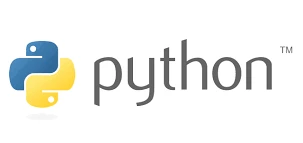
Python is a high-level, versatile programming language widely recognized for its simplicity, readability, and broad applicability. It supports rapid development across various domains including web and software development, data science, artificial intelligence, automation, and cloud computing. With a rich ecosystem of libraries and frameworks, Python empowers developers to build scalable, efficient, and innovative solutions, making it a preferred choice for startups and enterprises alike.
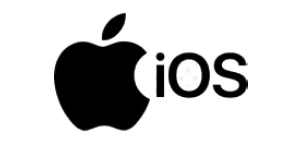
iOS is Apple’s mobile operating system, powering devices like the iPhone, iPad, and iPod Touch. Known for its sleek user interface, robust security features, and seamless integration with the Apple ecosystem, iOS provides a smooth and intuitive user experience. It supports a wide range of applications across categories such as productivity, entertainment, health, and more. With regular updates and a strong developer community, iOS continues to set the standard for mobile performance, privacy, and innovation.

Flutter is an open-source UI toolkit developed by Google for building natively compiled applications across mobile, web, and desktop from a single codebase. Known for its fast performance, expressive UI, and rich widget library, Flutter enables developers to create beautiful and responsive apps with ease. Its use of the Dart programming language and hot reload feature streamlines development and accelerates the testing process. With Flutter, businesses can achieve high-quality, cross-platform apps while reducing development time and cost.
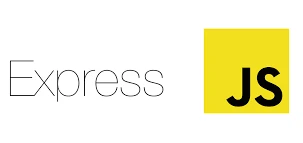
Express.js is a fast, minimal, and flexible web application framework for Node.js, designed to build robust APIs and web applications with ease. It simplifies server-side development by providing a powerful set of features for routing, middleware handling, and HTTP utilities. Known for its lightweight architecture and seamless integration with databases and frontend frameworks, Express.js is widely used for developing scalable and high-performance web applications. It's a top choice for developers building modern, data-driven applications in JavaScript.
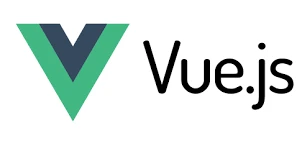
Vue.js is a progressive JavaScript framework used for building dynamic and interactive user interfaces. Designed to be incrementally adoptable, Vue is lightweight, easy to integrate, and offers a gentle learning curve—making it a favorite among both beginners and experienced developers. With its reactive data binding, component-based architecture, and powerful ecosystem, Vue.js enables the development of fast, scalable, and maintainable frontend applications. It’s widely used for everything from small web widgets to full-featured single-page applications (SPAs).

Laravel is a powerful, open-source PHP framework designed for building modern web applications with elegant and clean syntax. It simplifies common development tasks such as routing, authentication, caching, and database management through its robust set of built-in tools and expressive syntax. Laravel’s MVC (Model-View-Controller) architecture promotes organized and maintainable code, while features like Blade templating, Eloquent ORM, and Laravel Artisan streamline development workflows. Trusted by developers worldwide, Laravel enables rapid, secure, and scalable application development.
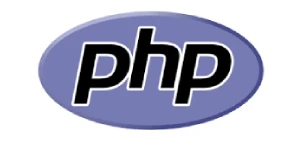
PHP (Hypertext Preprocessor) is a widely-used, open-source server-side scripting language designed specifically for web development. Known for its flexibility and ease of integration with HTML and databases like MySQL, PHP powers a significant portion of websites and web applications globally—including popular platforms like WordPress. With its ability to generate dynamic page content, handle forms, manage sessions, and interact with databases, PHP remains a reliable choice for developers building scalable and interactive web solutions.
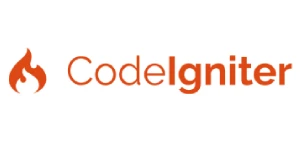
CodeIgniter is a lightweight, open-source PHP framework designed for developers who need a simple and elegant toolkit to build full-featured web applications. Known for its speed, small footprint, and ease of use, CodeIgniter follows the MVC (Model-View-Controller) architecture, helping developers organize and structure code efficiently. It comes with built-in libraries for common tasks like database access, session management, and form validation, allowing for faster development. CodeIgniter is ideal for developers looking to create powerful, secure, and scalable web applications with minimal configuration.
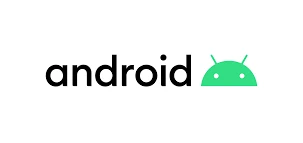
Android is an open-source mobile operating system developed by Google, widely used across smartphones, tablets, smart TVs, and wearable devices. Known for its flexibility, customization, and vast global reach, Android powers millions of devices and supports a massive ecosystem of apps through the Google Play Store. It offers developers a robust platform with access to powerful tools, APIs, and frameworks for building feature-rich, user-friendly mobile applications. With continuous updates and support for cutting-edge technologies, Android remains a dominant force in the mobile world.
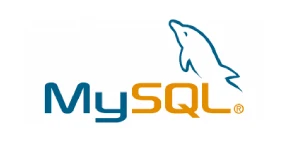
MySQL is a popular open-source relational database management system known for its reliability, speed, and ease of use. It is widely used in web applications to store and manage structured data, and it seamlessly integrates with various programming languages like PHP, Python, and Java. MySQL supports powerful features such as data replication, transactions, and indexing, making it a preferred choice for both small-scale projects and large enterprise applications. Backed by Oracle, MySQL continues to be a trusted solution for managing dynamic, data-driven websites and applications
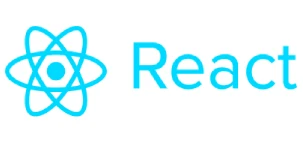
React is a powerful JavaScript library developed by Facebook for building dynamic and responsive user interfaces, especially for single-page applications. It enables developers to create reusable UI components, manage complex application states efficiently, and render content in real-time with high performance. React’s virtual DOM optimizes rendering, resulting in faster and smoother user experiences. Backed by a strong community and widely adopted by companies worldwide, React is a go-to choice for building modern, scalable, and maintainable web applications.
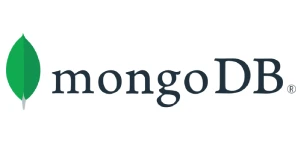
MongoDB is a popular open-source NoSQL database designed for handling large volumes of unstructured or semi-structured data. Unlike traditional relational databases, MongoDB stores data in flexible, JSON-like documents, making it easier to model complex data structures and scale applications efficiently. It's ideal for modern web and mobile apps that require real-time analytics, high availability, and fast performance. With features like automatic sharding, replication, and a powerful query language, MongoDB is trusted by developers and enterprises to power everything from startups to large-scale systems.
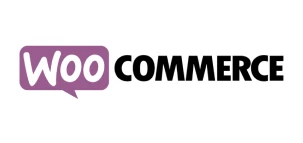
WooCommerce is a powerful, open-source eCommerce plugin built for WordPress, enabling users to turn their websites into fully functional online stores. Known for its flexibility and ease of use, WooCommerce offers a wide range of features including product management, secure payments, shipping options, and customizable themes. It supports thousands of plugins and integrations, making it ideal for businesses of all sizes looking to sell products or services online. With its seamless WordPress integration and strong community support, WooCommerce is a trusted solution for building scalable and user-friendly eCommerce platforms.
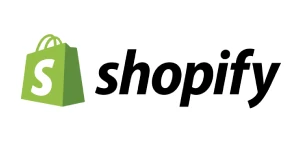
Shopify is a leading eCommerce platform that enables businesses of all sizes to create, manage, and grow their online stores with ease. Known for its user-friendly interface and powerful features, Shopify provides everything from customizable storefront templates to secure payment processing, inventory management, and marketing tools. It supports a wide range of integrations and apps, allowing businesses to enhance functionality and scale effortlessly. Whether you're a small business or a large enterprise, Shopify offers a reliable and flexible solution for selling products online.
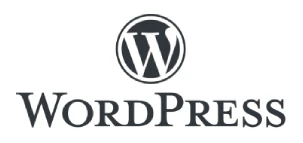
WordPress is the world’s most popular content management system (CMS), powering over 40% of websites globally. Known for its flexibility, ease of use, and vast ecosystem of themes and plugins, WordPress allows users to create anything from simple blogs to complex eCommerce sites without needing advanced technical skills. It supports extensive customization, SEO optimization, and mobile responsiveness, making it a go-to platform for individuals, businesses, and developers alike. With its open-source nature and strong community support, WordPress continues to evolve as a powerful tool for building and managing websites.
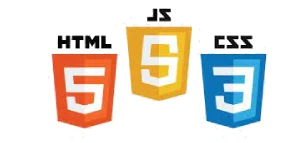
HTML, CSS, and JavaScript are the core technologies of web development, working together to create engaging and interactive websites. HTML (HyperText Markup Language) structures the content of web pages, CSS (Cascading Style Sheets) controls their layout and visual design, and JavaScript adds interactivity and dynamic behavior. These technologies form the foundation of all modern websites and web applications, enabling developers to build responsive, user-friendly, and visually appealing digital experiences. Mastering this trio is essential for anyone looking to create functional and attractive web solutions.
